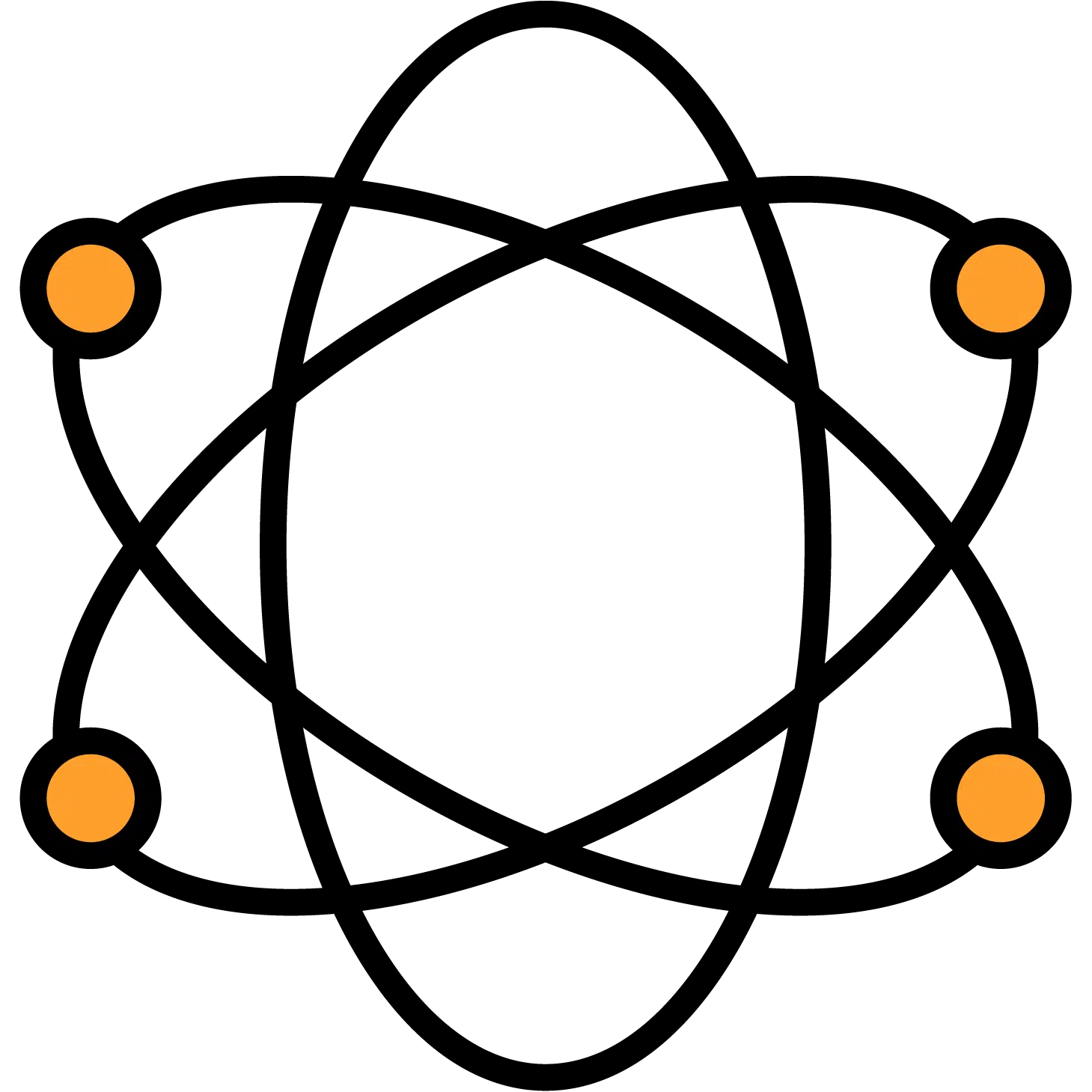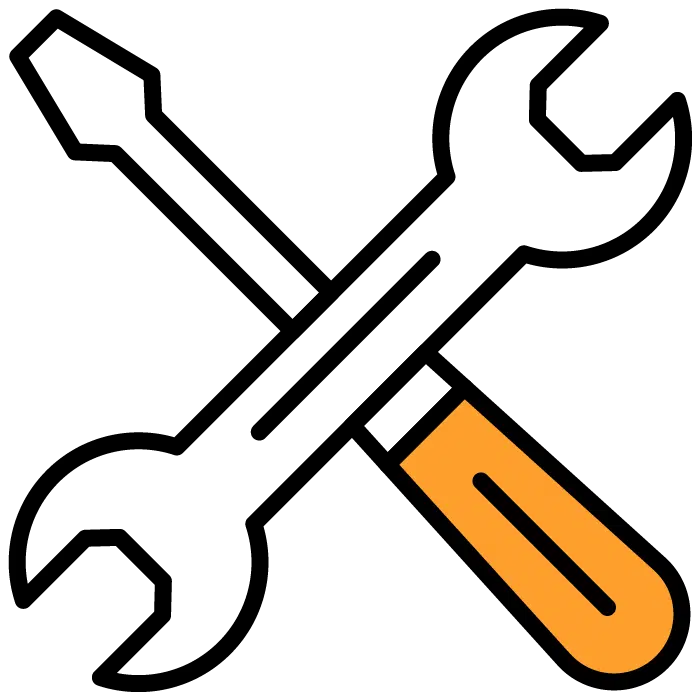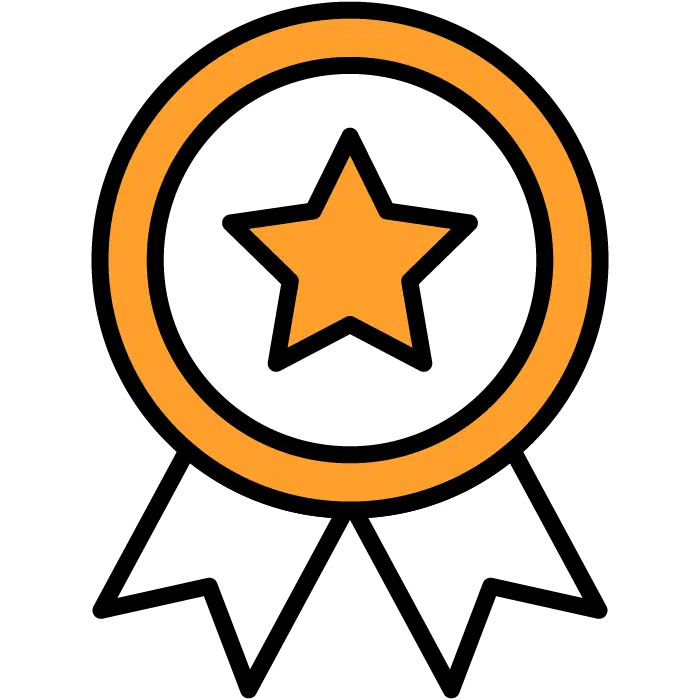Poor cultural fit can significantly impact employee turnover and dissatisfaction
According to the Society for Human Resource Management (SHRM), employee turnover triggered by poor workplace culture has cost businesses nearly a quarter of a trillion dollars over the past five years. This highlights how detrimental a mismatch between employees and company culture can be, leading to high turnover rates and substantial financial losses.
Cultural fit has become a hot topic in HR and recruitment. Companies are realizing that finding candidates who align with their core values and company culture is just as important as finding those with the right skills. Poor cultural fit can lead to high turnover, low employee satisfaction, and ultimately, a negative impact on the business.
We will explore the importance of cultural fit in hiring and how leveraging AI can significantly enhance the process. We’ll look at why cultural fit matters, the challenges of traditional assessments, and how AI-driven solutions can transform hiring practices for better outcomes.

Importance of Cultural Fit
Cultural fit refers to how well a candidate's values, beliefs, and behaviors align with the core values and culture of an organization. Before applying for a job, 91% of candidates seek out at least one resource to evaluate the employer’s brand.
Finding individuals who will thrive in the company environment and contribute positively to its dynamics is crucial. According to the Robert Walters Group, 73% of professionals have left a job due to poor cultural fit. Additionally, 81% of hiring managers believe that candidates who fit well with the company culture are less likely to leave.
When employees feel out of place or uncomfortable within their work environment, their motivation and engagement levels drop. According to a study by the Society for Human Resource Management (SHRM), 77% of HR professionals believe that cultural fit is crucial in hiring decisions and recommending organizations as a great place to work. Additionally, a Columbia University study points out that the likelihood of job turnover at an organization with a strong company culture is 13.9 percent, whereas the probability of job turnover in low company cultures is 48.4 percent.
This misalignment can lead to significant costs associated with recruiting and training new employees, as well as lost productivity. Conversely, employees who fit well with the company culture are happier, more productive, and more likely to stay long-term, contributing to a stable and thriving organization.
Impact on Business Success
Cultural fit is closely linked to business performance and financial success. When employees fit well with the company culture, they are more engaged, productive, and committed to their work. This alignment can lead to better business outcomes, including higher profitability and overall success.
A survey conducted by Columbia Business School of North American CEOs and CFOs revealed that 90% believe the quality of a company’s culture is linked to its financial success and overall value; These leaders recognize that a strong, positive company culture can drive performance and profitability. In total, 78% said culture is among the top five things that make their company valuable, and more than 50% of executives said corporate culture influences productivity, creativity, profitability, firm value, and growth rates. Finally, 92% said they believed improving their firm’s corporate culture would enhance the company's value.
Good cultural fit enhances productivity as employees feel more connected and motivated. It reduces costs associated with high turnover rates, such as recruiting and training expenses. Additionally, a positive culture improves morale, leading to a more cohesive and effective team. By prioritizing cultural fit in hiring, companies can create a more successful and sustainable business environment.
Challenges of Traditional Cultural Fit Assessments
Traditional cultural fit assessments often rely on generic, off-the-shelf tools that attempt to gauge a candidate’s alignment with a company’s culture. These methods typically include standardized questionnaires and personality tests designed to match candidates to a broad set of values.
One of the primary limitations of traditional assessments is their lack of customization. They are not tailored to the unique culture and specific values of individual organizations, leading to less accurate results.
These methods can also be time-consuming, requiring significant effort from both candidates and hiring managers. Additionally, the cost of creating and implementing custom assessments can be high, making them out of reach for many organizations. Consequently, many companies rely on gut-feeling hiring decisions and struggle to effectively evaluate cultural fit, often resulting in poor hiring decisions and increased turnover.
At Discovered, we leverage DISC Assessments to improve workplace culture. DISC is a personality assessment tool that measures an individual's preferences and tendencies across four primary dimensions: Dominance, Influence, Steadiness, and Conscientiousness. By using this assessment, organizations can understand their employees' unique strengths, communication styles, and motivations.
This understanding helps create more effective teams and a supportive workplace culture, aligning employees with the company’s core values and improving overall engagement and performance. DISC Assessments provide a cost-effective and efficient solution to the challenges posed by traditional assessments, enabling organizations to make better-informed hiring decisions and foster a more cohesive work environment.
Advantages of AI-Created Cultural Fit Assessments
One of the standout features of AI assessments is their ability to be tailored to specific company values. Unlike generic assessments, AI can create a baseline core value culture match assessment unique to each organization. This ensures that the evaluation criteria are directly aligned with the company’s culture, leading to more precise and meaningful results.
Through AI, companies can develop highly customized assessments that accurately reflect their core values, resulting in better hiring decisions and a stronger organizational culture.
Cost-Effectiveness: AI-created assessments dramatically reduce hiring costs. Traditional methods require manual processing, lengthy interviews, and extensive training, all of which are time-consuming and expensive. With AI, the process is streamlined, reducing the time and resources needed to evaluate candidates. This efficiency translates into significant cost savings, making high-quality cultural fit assessments accessible to businesses of all sizes.

Scalability: AI-created assessments are highly scalable. As businesses grow and their hiring needs increase, AI can handle larger volumes of candidates without compromising on accuracy or consistency. These automated tools can process and analyze data from many applicants simultaneously, ensuring that companies can maintain high standards in their hiring processes, regardless of scale.
Predictive Accuracy: AI-created assessments excel in predictive accuracy, offering precise evaluations of a candidate’s cultural fit and job performance potential. These tools help users quickly translate their core values into measurable assessment scales or behavioral personality traits. They then create questions that reliably evaluate candidates for those core values. This level of customization ensures that the assessments are directly aligned with the company’s culture, leading to better hiring decisions. AI can also validate, distribute, collect data, and report back candidate scoring in a matter of minutes, which previously took months and hundreds of man-hours. This precision helps companies select candidates who are more likely to thrive within the organization’s culture, contributing to higher employee retention rates and a more cohesive workplace.
Future of Cultural Fit Assessments
Technological Advancements: The future of cultural fit assessments is promising, with ongoing advancements in AI and HR technology. We can expect more sophisticated algorithms that can analyze even deeper layers of personality traits and behaviors. Natural language processing (NLP) and machine learning will continue to improve, allowing for more nuanced and accurate assessments.
Additionally, virtual reality (VR) and augmented reality (AR) could be integrated to simulate real workplace environments, providing candidates and employers with an even clearer picture of cultural fit.
Integration Tips: To adopt these advanced technologies, businesses should start by investing in AI-created HR software that offers customizable assessment tools. Training HR teams to use these tools effectively is crucial.
Companies should also focus on continuously updating and refining their cultural fit criteria to ensure that assessments remain relevant. Collaboration with AI and tech experts can help integrate these systems smoothly into existing HR processes. It's essential to start small, perhaps with pilot programs, to measure the effectiveness before full-scale implementation.
Starting with the end in mind
Cultural fit is essential for employee satisfaction and business success. Studies show that poor cultural fit leads to high turnover and low productivity, while a good fit enhances morale and performance. Traditional assessments have their limitations, but AI-created tools offer a faster, more accurate, and cost-effective solution.
These advanced assessments can be tailored to specific company values, ensuring a better match between candidates and organizational culture. By leveraging AI, businesses can make better hiring decisions, resulting in happier employees and a more successful company.














